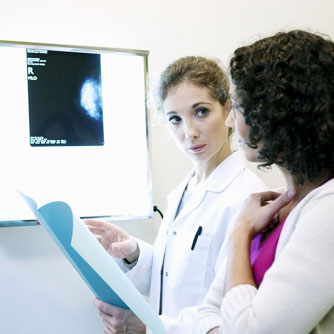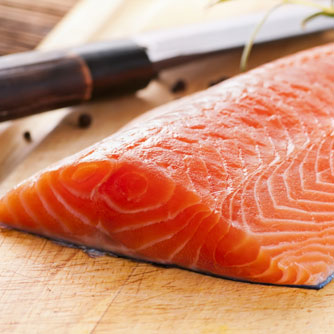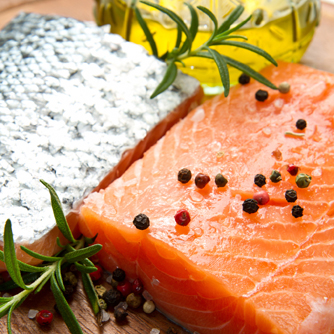Fruits & Veggies Boost Women’s Cardiovascular Health
Women who eat a diet high in fresh fruits and vegetables as young adults may be far less likely to have plaque build-up in their arteries 20 years later. Previous studies have reported that middle-aged adults whose diet consists of a high proportion of fruits and vegetables are less likely to have a heart attack …










